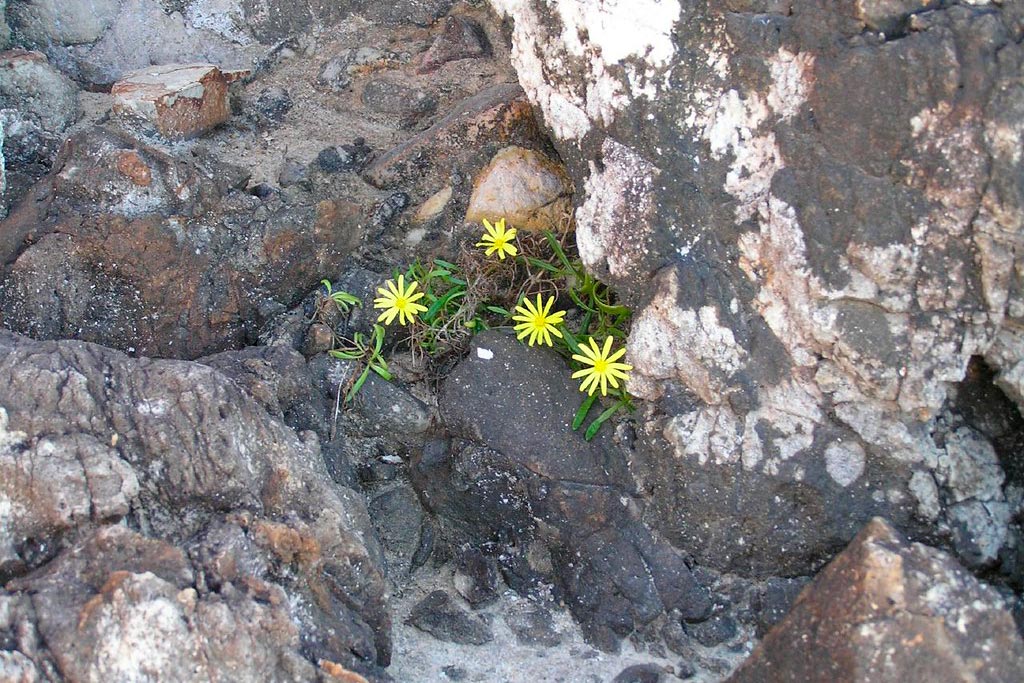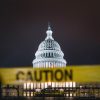
Resilience, according to the Oxford English Dictionary, is the ‘capacity to recover quickly from difficulties’ or ‘the ability of a substance or object to spring back into shape’. The US National Intelligence Council predicted in a 2017 report that ‘tomorrow’s successful states will probably be those that invest in infrastructure, knowledge, and relationships resilient to shock’. It went on to add that ‘although resilience increases in importance in a more chaotic world, traditional calculations of state power rarely factor in a state’s resilience’. In the COVID-19 era, as Uri Friedman of the Atlantic Council points out in a much-cited analysis, the strength of a country is determined not only by its military and economic sway, but by its resilience, a new way of measuring power in the geopolitics of today. For Friedman, resilience means ‘a country’s capacity to absorb systemic shocks, adapt to these disruptions, and quickly bounce back from them’. And as things stand today what also matters is the capacity of its tracing and medical systems to slow the spread of the virus, and cure the infected, and now its capacity to manufacture or buy and distribute the vaccines, more than its military power. Scientific capacity counts for a great deal, as is being proved. The fact that science has produced various COVID-19 vaccines in less than a year also shows a new capacity for resilience on the part of humanity.
These definitions of resilience do not do justice to the current situation, however, because it is not a matter of reverting to the previous scenario, but of adapting to a new one and in the process augmenting not only creativity and inventiveness but also resilience to future risks. The World Economic Forum recommends a ‘great reset’, to make the world more resilient to global risks. It is a case of reducing radical uncertainty. Yngve Slyngstad, former boss of Norway’s sovereign wealth fund, the largest and best-managed in the world, affirms that resilience was the greatest lesson he learnt. Being subjected to shocks can be good, he says, ‘because it forces people to think things through again’.
The question is, who is proving to be the most resilient in this situation? Probably China and the US. China, where the pandemic began, was the first to halt it with draconian measures that to some extent the rest of us have had to apply. And within a few months its economy, following major injections of cash, will turn out to have grown by 2% in this fateful 2020, and it has also developed its own vaccines. Like other Asian countries, it was better prepared for pandemics –having experienced several in recent years– than either Europe or the US; the pandemic hit the latter as something new, for which they were not properly prepared even when the second wave struck. Indeed, it is in East Asia –and in particular in China, South Korea and Taiwan– where the economy has proved to be most resilient. Africa has in general resisted reasonably well in terms of the numbers affected, but the same cannot be said of the economy, which has triggered emigration.
The US, for all the folly of the Trump Administration’s reaction to the pandemic in terms of health policy –aside from its commitment to vaccines – immediately pumped the equivalent of 12% of its GDP into the economy, a third more than Germany and double the UK. It injected US$2.2 trillion, with soft loans for small businesses, issued cheques for US$1,200 to almost all its citizens (known as helicopter money) and extended unemployment insurance to a large number of workers in the gig economy, among other measures. And now, following the elections, Congress is finally set to approve a further stimulus of US$748 billion, plus whatever may come with the Democratic Administration. This is a significant boost, faster and larger than ever before, which will allow the recession to be limited to a fall in GDP of 4.4%, according to the IMF forecast, smaller than that of Japan, Germany, Canada, the UK and France. Although the Biden Administration still has much to do to ensure recovery, and the pandemic has deteriorated, the US economy is lurching on.
Europe, the EU, after an initial ‘every man for himself’ approach, has reacted as never before, becoming more coordinated in its health response and injecting €750 billion (which would not have been possible if the UK had remained a member); in addition there are the national stimulus packages each country is implementing, signs of potential resilience, and more than €1 trillion for the EU budget running from 2021 to 2027. It is also seeking to use the crisis funding to refocus its economic model towards one that is greener and more digital. But for now it lags behind in terms of resilience. According to Natixis Europe is losing competitiveness in global value chains at an increasing pace, whereas China is going in the other direction. The situation is even more acute in the case of Spain, which had already shown its lack of resilience in the previous crisis that began in 2008 and lasted in Spain longer than elsewhere. It was already clear before the pandemic that its economy is too dependent on tourism and the hospitality industry, depriving it of resilience in this type of calamity. In its latest report the OECD places Spain among the countries that are lagging behind in terms of recovery. In terms of resilience to this and other potential pandemics the capacity to switch to remote working has also been a factor: the average is 40% for the EU (and up to 60% in Finland), but only 30% in Spain. Little wonder the Spanish government’s Plan is called Recovery, Transformation and Resilience. The three elements go together (from the EU’s perspective too).
The economy is not everything. Democracy worldwide may also halt its ‘global recession’ and recover, as The Economist argues. Or get worse. This too is a question of resilience. Or we might see that new systems of governance, multi-level and with more actors and multistakeholders, contribute to the resilience of a certain degree of global governance. For instance, the Climate Alliance of US cities, states and NGOs has enabled the spirit of the Paris Agreement, from which Trump withdrew and the Biden Administration is expected to return, to be kept alive in the US. The pandemic is showing that resilience, more than with the size of the country, or a group of countries in the case of the EU, has to do with the strength and flexibility of its institutions, its economy and its society.


